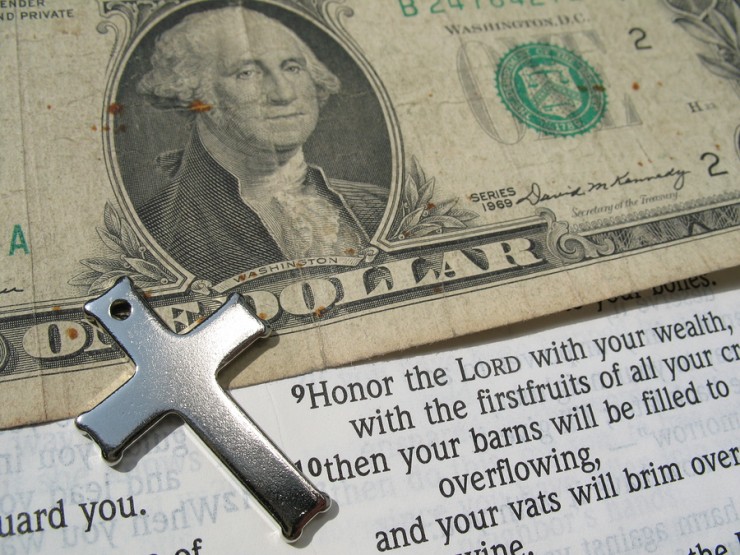In an ideal world everyone would have enough cash to take care of their monthly expenses without ever having to take on unnecessary debt. However, the way our economy operates, it is quite inconvenient (although not impossible) to conduct your financial life without an adequate credit score. The question then is how to build or re-build healthy credit for those necessary times in life when your character is being judged by a FICO score.
Secured Credit Cards
Secured credit cards are a hybrid between a loadable debit card and an unsecured credit card. Basically secured credit cards allow individuals with poor or non-existent credit scores the opportunity to use a line of credit granted that the person first make a security deposit usually of $300-$500. Charges on the card are not deducted from this amount, but are actual credit charges. Paying off the entire balance each month will quickly begin to affect your credit score in a positive way.
Gas Cards
Applying for a gas card is another very safe way to build credit because you will be limited to purchasing only one necessary item, gas. Gas is already part of your regular monthly budget, so if you simply put these purchases on the card, and then use the cash you have set aside for gas to pay off the balance each month, then you will be building your credit with no extra expense or risk to your financial security.
Pay Student Loans on Time
Many people do not realize that Federal Student Loans will affect your credit score negatively or positively. Student loans are usually a very easy debt to manage because the interest rates are generally very low, late fees are small or non-existent and in most cases re-payment plans are ultra-flexible. Staying on top of this easy debt can re-build a credit score very quickly.
Do Utility Bills Count?
Paying utility bills will usually only affect your score negatively if you allow a bill to become delinquent. However, the opposite is not true. If you consistently pay your utility bills on time it will not necessarily affect your credit score in a positive way. So, yes pay your utility bills on time, but do not except that alone to make much of an improvement to your score.
Is Cash Really King?
Attempting to live a cash only lifestyle is a wonderful, tried, and true method of controlling spending and reinventing your finances. However, you will want to consider that there are a growing number of areas in which a good credit score can assist you in reaching your goals. Operating entirely on cash will result in a non-existent credit score, which can translate into rejection. Individuals looking to rent a house or apartment are often very disappointed to learn that a good credit score is required. Purchasing a home definitely requires good credit, and even some employers are checking into your credit history in order to make a judgment of what kind of employee you will turn out to be.
Pay Down Debt Increase Income
New credit laws and credit practices are turning toward a more common sense approach when it comes to approving an individual for a line of credit. Many lending companies are looking more at a person’s credit to income ratio to help make a decision. You can improve your credit score by paying down current debt and making an effort to increase your yearly income by means of a part time job or generating side work in your current field of experience. Paying down debt is one of the key elements to restoring health to a damaged credit history.
Christian debt settlement can help you evaluate your current debt situation, and map out a Christian debt program that will work for you. Visit the link above, or fill out the short form to the right of this article to contact a representative for a FREE no-obligation quote today.






 You just need to rethink your definition of what a party or big event is. If in your past you could not have a party without expensive decorations and professionally catered food, then you must stop and re-evaluate. Most of these ideas are based on pride anyway. Many money troubles stem from a sense of pride and an un-Christ like desire to make people think highly of us. If you are throwing a party or hosting a big event for someone the event is not about you. It is about the person celebrating the milestone. Remember that your loved ones will be touched by your efforts not by how much you spend.
You just need to rethink your definition of what a party or big event is. If in your past you could not have a party without expensive decorations and professionally catered food, then you must stop and re-evaluate. Most of these ideas are based on pride anyway. Many money troubles stem from a sense of pride and an un-Christ like desire to make people think highly of us. If you are throwing a party or hosting a big event for someone the event is not about you. It is about the person celebrating the milestone. Remember that your loved ones will be touched by your efforts not by how much you spend.











